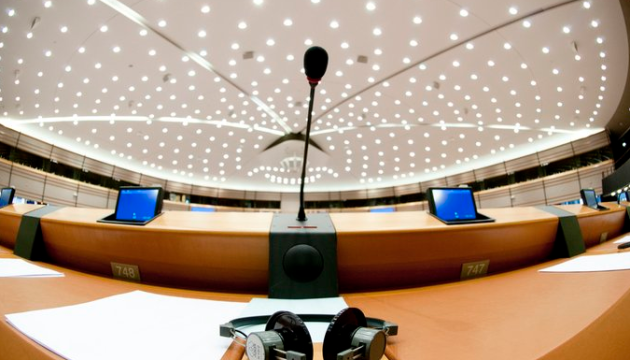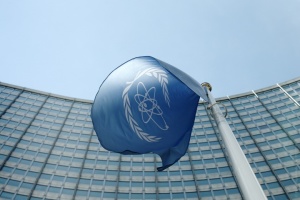
Corruption and ‘legal gap’ hamper Ukraine’s reform process – EP draft report
This was said in a draft report of the European Parliament, put to a vote during the plenary session of the EP today. The rapporteur was MEP Michael Gahler (EPP).
“Whereas while Ukraine has made substantial advancements in its implementation of AA-related commitments and integration with the Union, several of the reforms initiated need to be completed, in particular in the areas of the rule of law, good governance and anti-corruption, as, despite notable progress, widespread corruption continues to hamper Ukraine’s reform process; whereas, moreover, some additional measures still need to be adopted in order to avoid any backsliding, with a focus on the judiciary,” the document reads.
As noted, the success of anti-corruption policy is a prerequisite for supporting reforms by citizens of Ukraine, as well as improving the business climate and attracting direct investment.
"The European Parliament ... encourages the Ukrainian authorities to further progress on reforms, in particular in the area of the rule of law and anti-corruption, and to ensure the independence and continued work of key anti-corruption institutions," the document says.
In this context, the European Parliament welcomes the reconstitution of the National Agency for Prevention of Corruption (NAPC) and the entry into force of the new laws on illicit enrichment and on whistle-blowers in January 2020, as well as the start of the operations of the High Anti-Corruption Court in September 2019.
The document once again emphasizes the EU's position on the outcome of the 27 October 2020 ruling of the Constitutional Court, which created a legal gap in the Ukrainian anti-corruption architecture and seriously weakened the NAPC. In this context, the draft report calls on the Ukrainian authorities to act as soon as possible to reinstate a fully operational, effective and comprehensive institutional architecture to fight corruption, including in the judiciary, while fully preserving the latter’s independence from the executive and legislative powers.
At the same time, it underscores that a fully empowered NAPC plays a crucial role in this context and that the Constitutional Court’s ruling should not be used as a pretext to weaken or sideline it; trusts that the immediate reaction by various political stakeholders, in particular members of the Verkhovna Rada, will soon result in legislation filling this legal gap that weakens anti-corruption efforts;
On February 9, during the European Parliament plenary debate on the EU Association Agreement with Ukraine, Executive Vice President of the European Commission Valdis Dombrovskis noted that the issue of the rule of law and the fight against corruption remain the key factors in promoting reforms in Ukraine and in its relations with the European Union.
“Despite notable progress, widespread corruption continues to hamper Ukraine’s reform process. Its key institutions must have strong and independent leadership and the chance to do their work free of political, economic or other interference,” he stressed.
According to Dombrovskis, the National Anti-Corruption Bureau must be fully independent. “Over the years, the Bureau has demonstrated its effectiveness and produced tangible results. The fight against corruption is a key condition for the EU's macro-financial support,” he stressed.
He said that he intends to raise these issues during a meeting with Prime Minister of Ukraine Denys Shmyhal, who is on an official visit to Brussels.
ish




